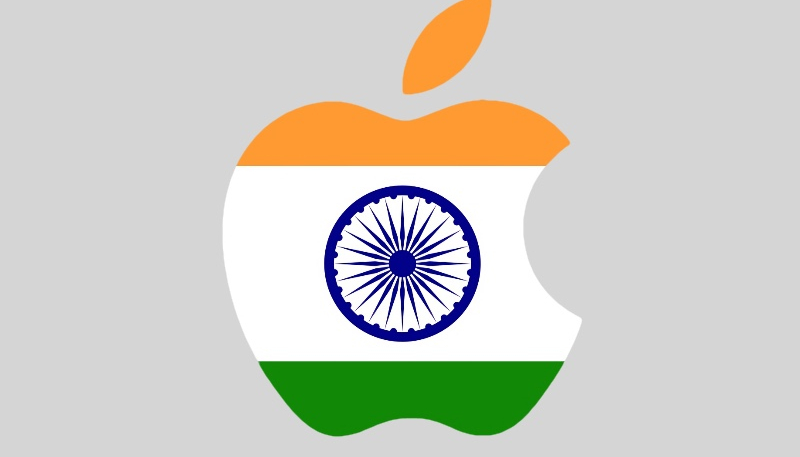The Indian government is making Apple the target of investigation and other types of pressure after the Cupertino-based company revealed how the country uses Pegasus spyware against opposition parties and journalists.
In October, Apple warned independent journalists and opposition politicians in India of possible hacking by government hackers. Prime Minister Narendra Modi’s government officials responded by targeting Apple rather than addressing the hacking concerns.
As detailed in a report from Amnesty International, The Bharatiya Janata Party (BJP) publicly scrutinized Apple’s threat detection algorithms and initiated a probe into Apple device security.
Senior officials from the Prime Minister’s cabinet privately urged Apple’s India representatives to downplay the impact of these warnings. Despite the pressure received from the Indian government, Apple held fast on the warnings. Recipients of Apple’s alerts, many critical of Modi or his ally Gautam Adani, included notable journalists and politicians.
“Our latest findings show that increasingly, journalists in India face the threat of unlawful surveillance simply for doing their jobs, alongside other tools of repression including imprisonment under draconian laws, smear campaigns, harassment, and intimidation,” said Donncha O Cearbhaill, Head of Amnesty International’s Security Lab. “Despite repeated revelations, there has been a shameful lack of accountability about the use of Pegasus spyware in India, which only intensifies the sense of impunity over these human rights violations.”
The Indian government has not commented on its alleged use of spyware, while also refusing to cooperate with a Supreme Court-appointed committee investigating these issues. Evidence of the government’s targeting of journalists and opposition party members continues to pile up.


